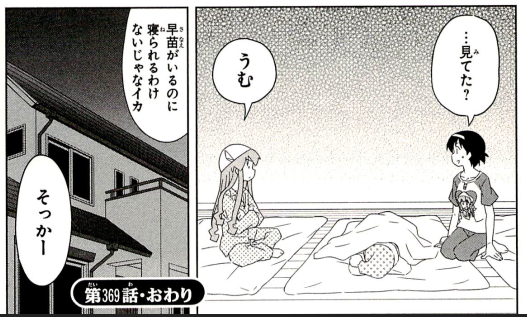掲示板 Forums -
This topic is tied to the below grammar expression in the grammar library.
Top > 日本語を勉強しましょう / Let's study Japanese! > Anything About Japanese > Grammar Library Talk
のに
1. Even though A; in spite of A
婚約為て居るのにキスを拒否為れた。
Even though we're engaged she wouldn't let me kiss her.
Discussion & Notes (4)
2. In order to A; in the process of doing A
Only verbs of volition can be used with this pattern.
私は兄達が遊びに行くのに何時もくっ付いていった。
I always went along with my older brothers to play.
Discussion & Notes (2)
Page: 2 of 2
Getting the posts
Page: 2 of 2
Top > 日本語を勉強しましょう / Let's study Japanese! > Anything About Japanese > Grammar Library Talk

